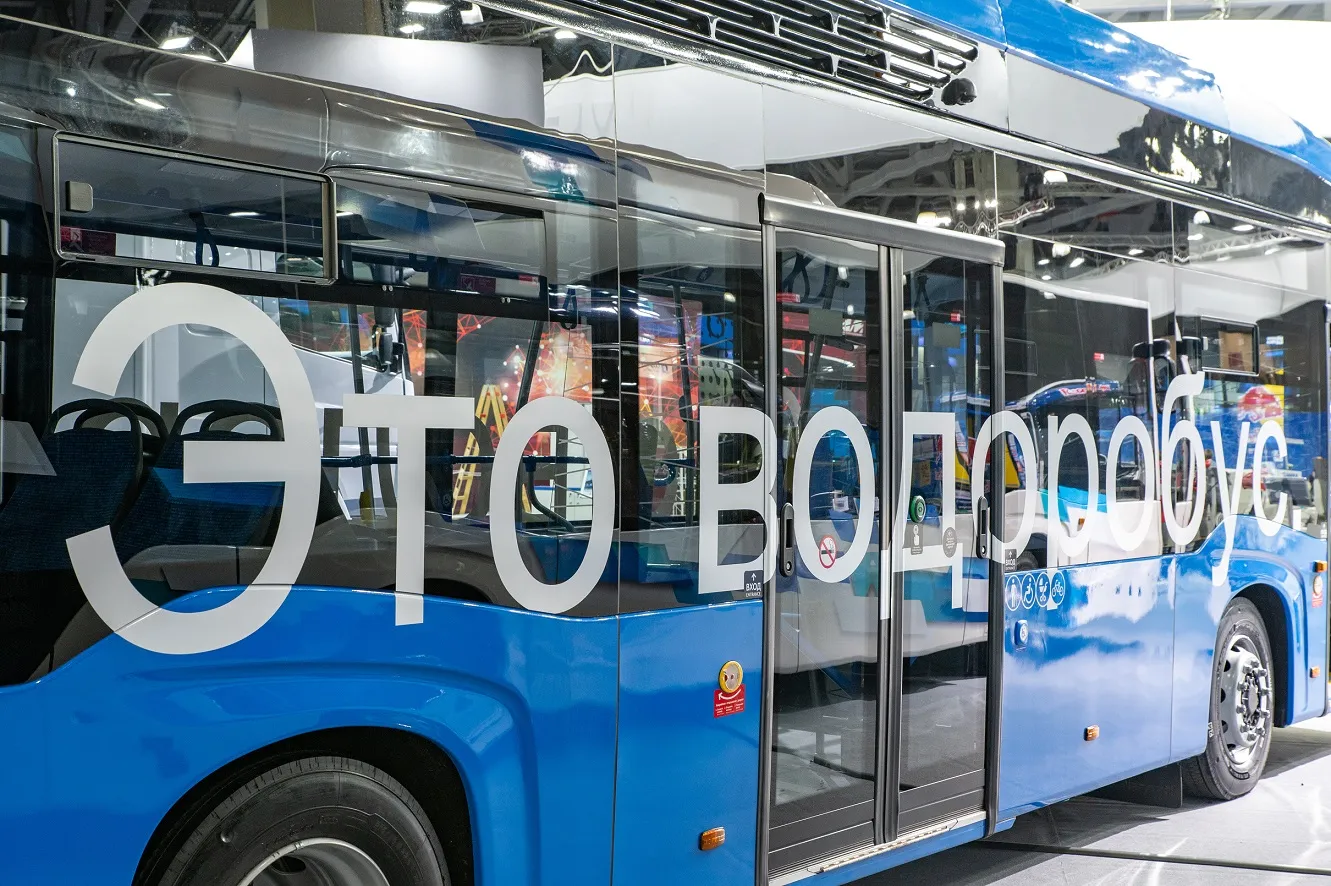The vehicles will be tested for two years on routes 2, 3, 4 and 5 in the city and will be delivered during the second quarter of 2019. Bus company Unibuss will operate the vehicles, which are expected to run alongside regular traffic after the trial.
Volvo is selling the vehicles as a turnkey solution and will provide all maintenance for the vehicles as well as their batteries at a fixed monthly cost.
The buses will be charged in the depot via a 150 kW combined charging system supplied by Swiss power company
Volvo Buses to deliver two electric buses to Lillehammer in Norway
Volvo Buses will deploy two of its 7900 electric buses to operate in Lillehammer, Norway, for public transport company Opplandstrafikk. The transaction is part of Oppland municipality’s aim to become climate-neutral by 2025. The vehicles will be tested for two years on routes 2, 3, 4 and 5 in the city and will be delivered during the second quarter of 2019. Bus company Unibuss will operate the vehicles, which are expected to run alongside regular traffic after the trial. Volvo is selling the vehicles as
May 22, 2018
Read time: 1 min









